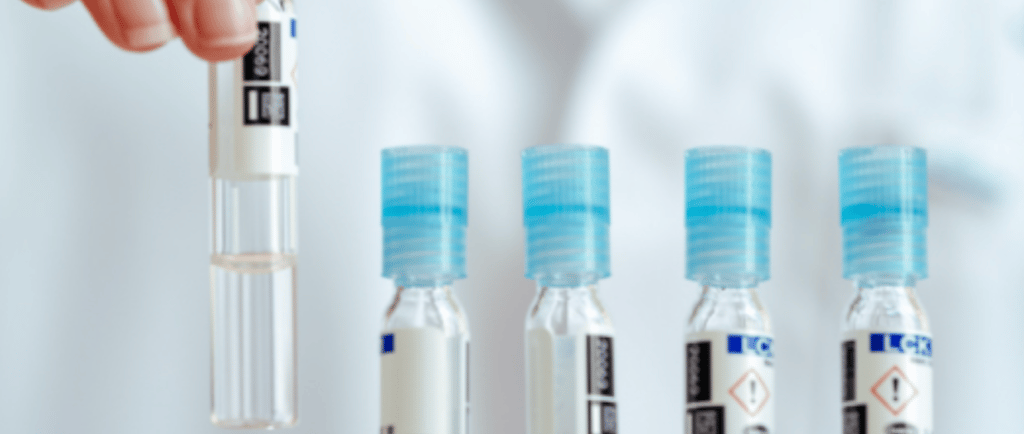Regulations and Standards in Water Filtration
What Every Industry Professional Should Know
10/7/20243 min read


In the world of water treatment, staying compliant with regulations and standards is essential for ensuring public safety and maintaining operational efficiency. Whether you’re in the municipal, industrial, or commercial sector, understanding the evolving landscape of water filtration regulations is critical. This blog will highlight the key standards that every industry professional should be aware of and how compliance can be achieved through advanced filtration solutions.
Why Regulations Matter
Water filtration regulations exist to protect public health and the environment. They establish limits on contaminants, ensure the safety of drinking water, and set guidelines for wastewater discharge. Failing to comply with these standards can lead to serious consequences, including legal action, environmental damage, and health risks.
Key reasons why regulations are crucial:
Public Health Protection – Preventing exposure to harmful contaminants such as heavy metals, pathogens, and emerging pollutants like PFAS.
Environmental Preservation – Reducing the release of untreated or poorly treated wastewater into natural ecosystems.
Operational Efficiency – Well-maintained systems that meet standards operate more efficiently and reduce costly downtime.
Key Regulations and Standards
Here are some of the most important regulations and standards in the water filtration industry:
1. Drinking Water Regulations
For professionals working with potable water, the primary focus is on meeting strict drinking water quality standards.
UK and EU Regulations: Governed by the Drinking Water Directive (DWD), which sets maximum contaminant levels (MCLs) for various pollutants. UK water quality standards are enforced by local authorities and regulatory bodies like the Drinking Water Inspectorate (DWI).
United States: The Safe Drinking Water Act (SDWA) and EPA regulations establish MCLs for over 90 contaminants, including lead, nitrates, and volatile organic compounds (VOCs).
2. Industrial Wastewater Standards
Industries must treat their wastewater to meet discharge standards before releasing it into public sewers or natural water bodies.
UK: Regulated by the Environment Agency, which enforces discharge permits and compliance with the Urban Waste Water Treatment Directive (UWWTD).
EU Water Framework Directive (WFD): Focuses on protecting water bodies by setting ecological quality targets.
U.S.: The Clean Water Act (CWA) regulates industrial discharges and sets water quality criteria for surface waters.
3. Industry-Specific Standards
Certain industries have unique water quality requirements to ensure the safety and quality of their products.
Food and Beverage: Must adhere to standards set by bodies like the British Retail Consortium (BRC), FDA, and HACCP protocols. Water used in food production must meet specific microbiological and chemical standards.
Pharmaceuticals: Comply with European Pharmacopoeia (Ph. Eur.) and United States Pharmacopeia (USP) standards for purified water, water for injection (WFI), and ultrapure water.
4. Certification Standards for Filtration Products
Selecting certified filtration products ensures compliance and reliability. Key certifications include:
NSF/ANSI Standards: Widely recognised for drinking water treatment systems, covering everything from material safety to contaminant reduction performance.
WRAS Approval (UK): Ensures that water fittings and products do not affect water quality or cause waste, misuse, or contamination.
ISO Standards: ISO 9001 for quality management and ISO 14001 for environmental management are essential for manufacturers of filtration components.
How to Stay Compliant
Navigating the complex regulatory environment can be challenging, but the right strategies and partners can help you stay on track.
1. Regular System Audits and Monitoring
Conduct routine audits and water quality testing to ensure compliance. This proactive approach helps identify potential issues before they become costly problems.
2. Invest in Certified Filtration Components
Using certified filtration products not only guarantees performance but also ensures compliance with relevant standards. Next-generation filtration components offer higher efficiency and reliability, reducing the risk of non-compliance.
3. Stay Informed on Regulatory Changes
Regulations evolve in response to emerging contaminants and technological advancements. Keep up to date with changes by subscribing to industry newsletters, attending conferences, and engaging with regulatory bodies.
4. Work with Expert Partners
Partnering with a reliable filtration supplier with deep regulatory knowledge can help you design systems that meet both current and future requirements.
HELIX create innovative, sustainable water products for residential, commercial, and industrial sectors, helping communities thrive while safeguarding the future of our planet.
© 2025 HELIX® Filtration. All rights reserved.


